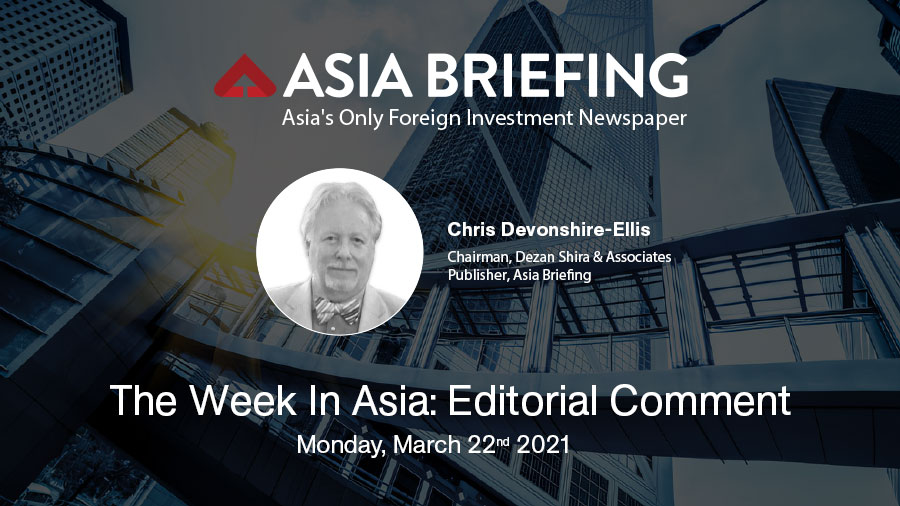
A common mistake made by many Western based China observers – and global media, when it comes to China is to assume that the figurehead at the top of Government is in complete charge. This derives in part from the all-encompassing position of the US President, from whom an assumption is that top-down decisions filter down. The same, incorrect assumption is often levelled at the British Prime Minister of the day, and of most Western leaders. Taking up the responsibility for the pros and cons of their leadership, they are the characters most seen to be explaining and even appearing to own Government. This Western perceptive is also how people often view China. Common headlines refer to China as ‘autocratic’, a ‘dictatorship’ and other such dubious terms. However, China is far more subtle than this, and its days of dictators long gone.
The United States, and much of the West has not, and does not, understand that the Premier of China does not make policies. Xi Jinping might review policy in its final stages, he might sometimes announce them, but rarely, but he does not run China. He runs the Government.
The CPC and the Government of China have a very decentralized policy system, in which experts follow the “scientific method” over many years, even decades, until policies are tested, and tested again for linkage to other national priorities. The CPC makes policy, the Government implements. The policy groupings contain many from Government. But it is the CPC which leads the development of policy.
Therefore, the US placing sanctions on Chinese individuals – be it Carrie Lam, the Chief Executive of Hong Kong, Wang Chen, a member of the 25-person Politburo, one of China’s top decision-making bodies, or Tam Yiu-chung, the only Hong Konger on the committee to have drafted China’s national security law makes no sense. In China, it is viewed as individually spiteful. It is also frustrating for the China Government as it demonstrates that the US has no idea how to approach dialogue or direct targets, either for negative issues such as sanctions, or for positive issues such as trade talks and other more positive areas of cooperation.
The United States Government has erred in what it sees as targeting culpable individuals. This in turn is why the Alaska talks have deteriorated – Chinese diplomats, lawmakers and officials are made to feel as if they have been personally singled out and made individually responsible for national policy. No wonder the Chinese delegation referred to the US side as ‘condescending’ when seeming to ignore the entire Chinese Governmental decision-making process. The United States policy of placing sanction on individuals has had the effect of making the US as a country appear to be dealing with specific, targeted personnel and not with the Chinese Government.
It has the same approach to Russia, with US President Biden referring to Russian President Putin as ‘a killer’ when there is an entire state apparatus to contend with. While Putin is not everyone’s cup of tea, he is still the head of state of a powerful nation. Meanwhile, Mohammed Bin Salam, who the FBI stated was ‘culpable’ for the grisly murder of journalist Jamal Khashoggi, is not sanctioned. These are double standards, and the Chinese know this too.
The initial approach by the new Biden administration towards China and Russia has not been ideal. Instead of diplomacy, Washington’s modus operandi appears to be leaning towards making it personal. With negotiating more favorable trade terms with India next up, and an increasingly nationalistic Prime Minister Modi in power, the United States is potentially well on course to be having disagreements with just about everybody, making US-India talks even more important. Should they not proceed well, that should be indication enough that a re-think of how Washington engages with other countries Governments would be well overdue.
Best regards;

Chris Devonshire-Ellis
Chairman, Dezan Shira & Associates
Publisher, Asia Briefing
E: editor@asiabriefing.com
W: www.dezshira.com
Disclaimer
Any views or opinions represented in this blog are personal commentary, belong solely to the contributor and do not necessarily represent the views of Asia Briefing Limited or Dezan Shira & Associates.


